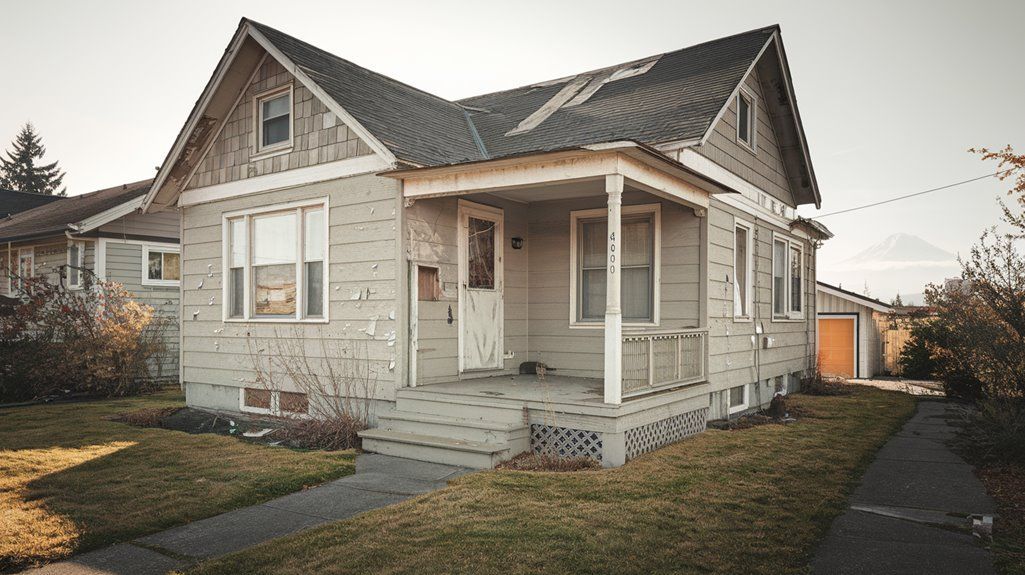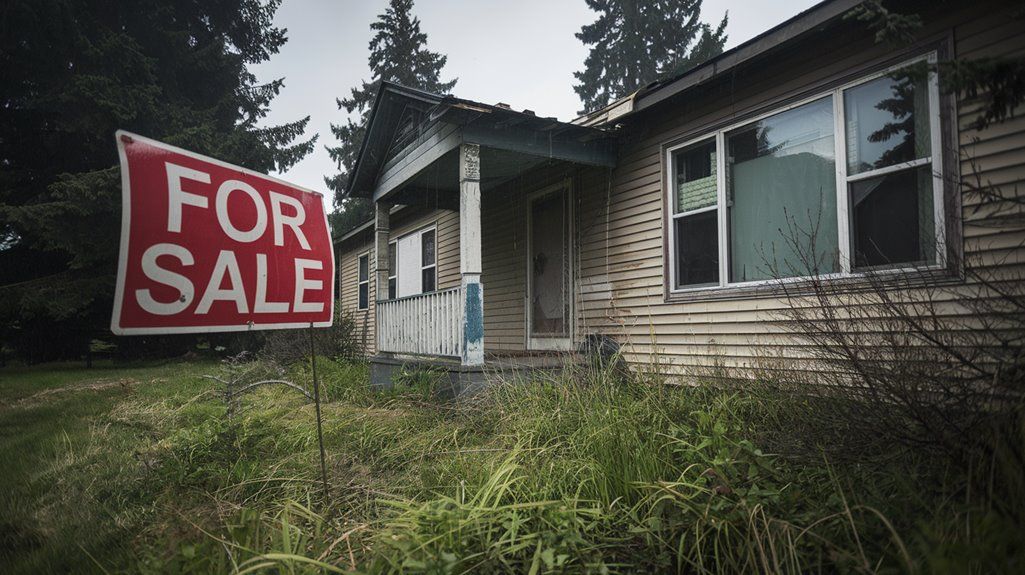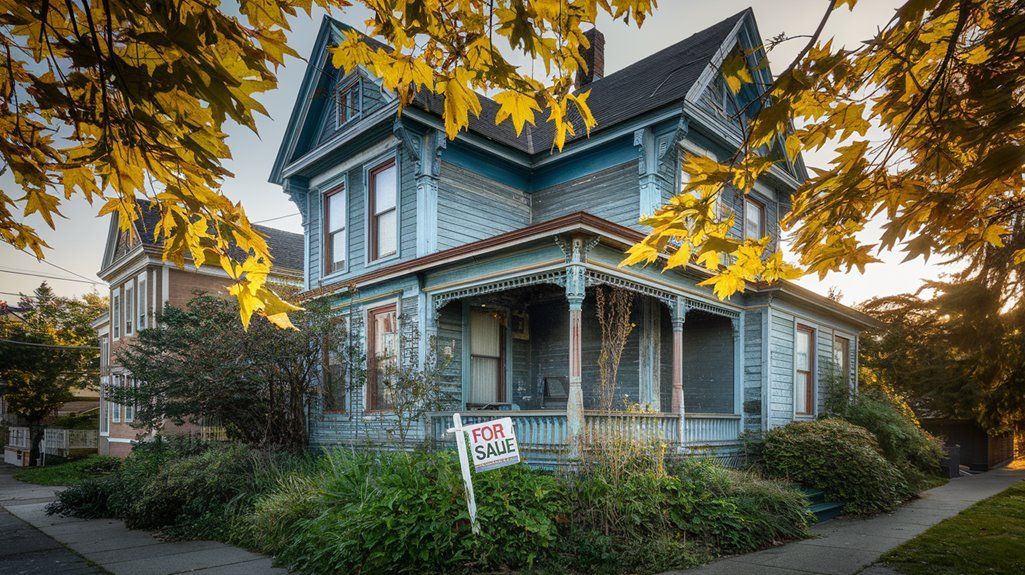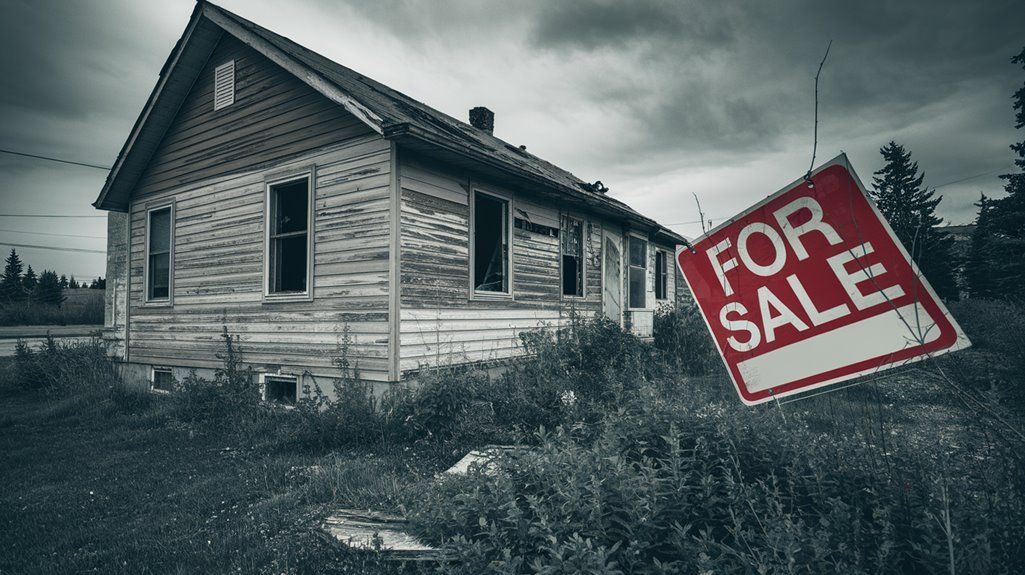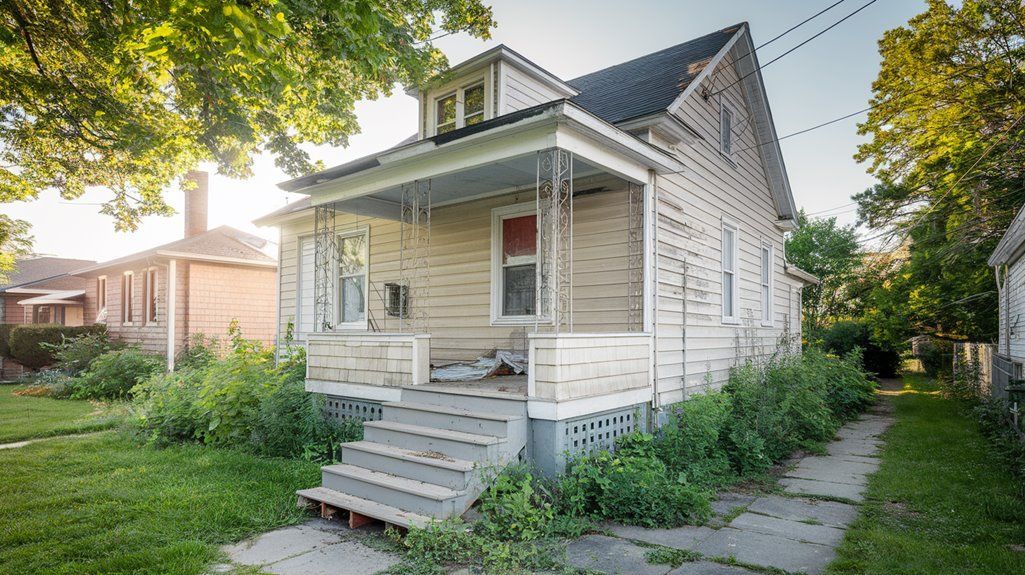Perfect Timing: Understanding the Market Dynamics that Impact Your Decision to Sell Your Home
Are you considering putting your house on the market but unsure if it's the right time? You're not alone. Many homeowners face this dilemma, especially during uncertain economic times.
Local market dynamics also play a large part in whether it’s a good or bad time to sell, says Katie Severance, a Realtor with Douglas Elliman in Palm Beach, Florida, and author of “The Brilliant Home Buyer.” “In some areas, selling now is the right thing to do because prices are still climbing — or, at least, are not yet falling,” she says. “In other markets, prices are falling fast, so it might be best to wait to sell until the market correction stops and interest rates come down and stay down, which will spur sales once again." (1)
It is vital to understand these market dynamics that may influence your decision to sell. This well-curated blog delves profoundly into how local market dynamics can impact your decision to sell your home.
Interest Rates
Interest rates wield considerable influence on the timing of selling your house. With low interest rates, more buyers can afford higher-priced homes, increasing demand and potentially increasing selling prices. Conversely, higher interest rates deter potential buyers, reducing demand and leading to longer listing times or lower offers.
As a homeowner, low-interest rates can present an opportune moment to sell your home. With more cash home buyers in Tacoma in the market and increased purchasing power, you may attract competitive offers and achieve a favorable sale price. When interest rates are high, it may be prudent to delay selling until rates decrease. This allows for a more extensive pool of potential buyers and potentially more favorable selling conditions.
Supply and Demand
Supply and demand dynamics are imperative in determining the opportune moment to sell your house to cash home buyers in Seattle or Tacoma. Property prices tend to increase when there is high demand for homes but limited inventory available for sale, creating a seller's market. In such conditions, it is advantageous to list your home. You are more likely to receive competitive offers and favorable terms due to the scarcity of available properties.
If there is a surplus of available properties in your area, resulting in low demand from buyers, it may be wise to wait to sell until market conditions improve. If there is high demand for homes in your market and limited inventory, it could be an opportune time to capitalize on favorable selling conditions.
Seasonal Trends
In many housing markets, there are distinct seasons when buyer activity tends to peak. Typically, spring and early summer see heightened demand as families aim to move before the start of the school year. This increased activity often translates to quicker sales and higher selling prices during these months. The winter months may experience a slowdown in buyer activity due to holidays and inclement weather.
As a homeowner looking to sell my house fast Tacoma, understanding seasonal trends can help guide your decision. If you have flexibility in your timeline, strategically timing your listing to coincide with peak buying seasons can maximize your chances of a successful sale. However, if you need to sell your home quickly or face unfavorable market conditions during peak seasons, adjusting your strategy and considering alternative timing may be necessary.
Economic Conditions
Job growth, wage trends, and general economic stability directly impact the housing market. In areas experiencing robust economic growth, with low unemployment rates and rising incomes, there tends to be increased demand for housing. This heightened demand can result in quicker sales and higher prices, making it an advantageous time for homeowners to sell. On the other hand, economic downturns characterized by job losses and stagnant wages may lead to decreased buyer confidence and reduced demand for homes, resulting in longer listing times and lower selling prices.
Suppose you're in an area experiencing economic expansion and favorable job market conditions. In that case, it may be an opportune moment to capitalize on increased buyer demand and list your home for sale. On the other hand, if economic indicators suggest a downturn or instability in your area, wait for improved economic conditions before selling. This will help you achieve a more favorable sale price and market conditions.
Government Policies
Changes in policies related to taxation, mortgage regulations, and housing incentives can directly affect the housing market. For example, government incentives such as tax credits for first-time homebuyers or programs promoting energy-efficient upgrades can stimulate home demand. Policy changes that increase property taxes or tighten lending requirements may dampen buyer enthusiasm and decrease demand. Additionally, government initiatives to stabilize or stimulate the economy, such as interest rate adjustments by central banks, can indirectly influence housing market dynamics.
When considering selling your home, staying informed about government policies and their potential effects on the housing market is essential. Policy changes that favor buyers, such as lower interest rates or incentives for home purchases, may create favorable selling conditions by increasing demand and driving up selling prices. Policies that adversely affect buyer affordability or confidence may necessitate a strategic approach to timing the sale of your home. Monitoring government policies and their impact on the housing market can help you decide when to list your house for sale and optimize your selling experience.
Inventory Levels
Low inventory, meaning fewer homes available for sale relative to buyer demand, often creates a seller's market. You may benefit from increased buyer competition in such scenarios, leading to quicker sales and potentially higher selling prices. High inventory levels, where homes are abundant on the market compared to buyer demand, can result in a buyer's market. In this situation, you may face greater competition from other sellers, potentially leading to longer listing times and lower selling prices.
In a low inventory market, where demand outstrips supply, listing your home for sale may be advantageous to capitalize on favorable selling conditions. In a high inventory market with ample supply but limited demand, it may be prudent to delay selling until market conditions improve.
Give us a call anytime at 253-697-0007 or fill out this quick form to get started today!
Get A Fair Cash Offer On Your House

About the author
Justin Baker
Justin Baker is the founder of Jay Primrose Properties, a leading cash home buying company based in Tacoma, WA. With a passion for real estate investing, Justin has helped numerous homeowners in the Pacific Northwest region sell their homes quickly and hassle-free. Justin believes that buying and selling real estate should be a seamless process and works tirelessly to ensure that his clients have a stress-free experience. With a deep understanding of the local real estate market and a commitment to exceptional customer service, Justin has established himself as a trusted and reliable cash home buyer in Tacoma and the surrounding areas.

